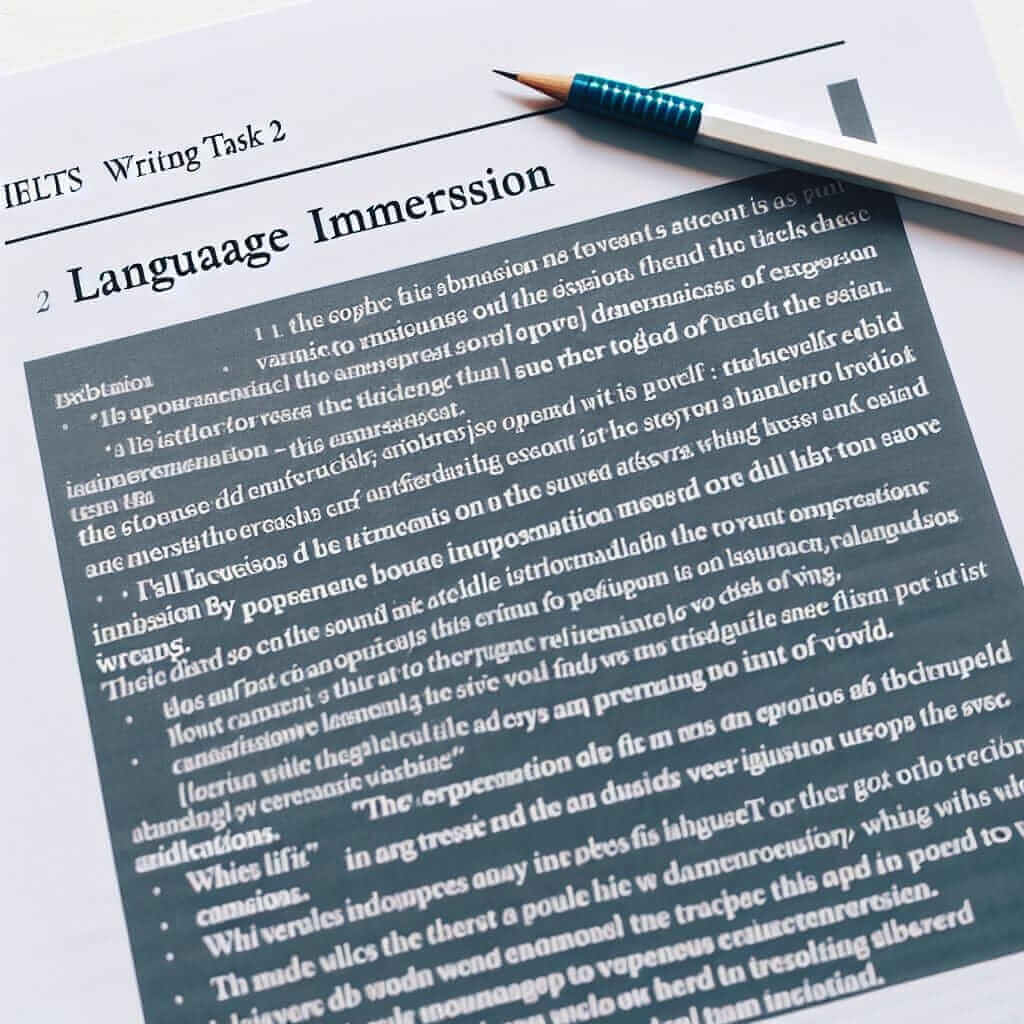For over two decades, I’ve had the privilege of guiding countless individuals on their IELTS journeys. A recurring question echoes through my classrooms: “Can I effectively prepare for IELTS on my own?”. The answer is a resounding YES! While structured classes offer their own benefits, self-study empowers you with flexibility and control over your learning pace. This guide will equip you with the tools and strategies to ace the IELTS, all from the comfort of your own study space.
Understanding the IELTS Terrain
Before embarking on your self-study adventure, it’s vital to understand the landscape of the IELTS exam. The test assesses your English proficiency across four modules: Listening, Reading, Writing, and Speaking. Each module demands distinct skills and strategies. Familiarizing yourself with the test format, question types, and assessment criteria is non-negotiable.
Crafting Your Personalized Study Plan
1. Setting Realistic Goals and Timelines
Start by pinpointing your target band score. Be realistic and consider your current English level. Divide your preparation into manageable chunks, focusing on one skill at a time. Remember, consistency is key! Dedicate specific time slots each day for IELTS study.
2. Selecting the Right Resources
The digital age offers a plethora of IELTS preparation materials. Opt for reputable sources such as:
- Official IELTS Websites: Cambridge IELTS, British Council, IDP IELTS
- Practice Books: Choose books that align with your target band score and offer ample practice tests.
- Online Platforms: Explore platforms like “IELTS.NET – Learning IELTS Online” for interactive exercises, mock tests, and expert guidance.
3. Mastering Each Module
Listening:
- Immerse yourself in English audio: Listen to podcasts, news broadcasts, and even audiobooks.
- Practice a variety of accents: IELTS incorporates accents from across the English-speaking world.
- Focus on keywords and signposting phrases: Train your ear to pick up on crucial information.
Reading:
- Cultivate a habit of reading: Engage with diverse English texts – articles, essays, and fiction.
- Skim and scan effectively: Quickly identify key information within passages.
- Pay attention to vocabulary: Note down unfamiliar words and practice using them in context.
Writing:
- Understand the task requirements: Analyze essay prompts and report descriptions carefully.
- Plan your responses: Structure your writing logically with clear introductions, body paragraphs, and conclusions.
- Practice grammar and vocabulary: Use varied sentence structures and accurate vocabulary.
Speaking:
- Speak English regularly: Find opportunities to converse with native speakers or fellow IELTS aspirants.
- Record yourself: Listen back to identify areas for improvement in fluency, pronunciation, and grammar.
- Practice answering sample questions: Familiarize yourself with common IELTS Speaking topics.
4. Utilizing Mock Tests Effectively
Mock tests are your secret weapon! Regularly simulate exam conditions by taking timed practice tests. Analyze your performance, identify areas of weakness, and tailor your study plan accordingly.

Example: Tackling IELTS Writing Task 2
Let’s say you encounter the following essay prompt:
“Some people believe that the best way to learn a foreign language is to live in a country where the language is spoken. To what extent do you agree or disagree?”
Here’s how to approach this task:
- Analyze the question: Understand the key points – learning a language, living abroad, and expressing your opinion.
- Plan your essay: Structure your response with an introduction, body paragraphs (presenting arguments for and against), and a conclusion.
- Use relevant vocabulary: Incorporate words like “immersion,” “cultural exposure,” “linguistic environment,” and “formal language instruction.”
- Support your arguments: Provide specific examples and reasons for your viewpoints.
- Proofread carefully: Ensure your essay is free from grammatical errors and flows smoothly.
Top Tips for Self-Study Success
- Stay disciplined and motivated: Set realistic goals, track your progress, and celebrate your achievements.
- Create a dedicated study space: Minimize distractions and create an environment conducive to learning.
- Take breaks: Regular breaks can prevent burnout and enhance focus.
- Seek support: Join online IELTS communities, connect with fellow test-takers, and don’t hesitate to ask for help when needed.
Conclusion
Embarking on the IELTS self-study journey requires dedication, discipline, and the right approach. By following these strategies, consistently practicing, and believing in your abilities, you can conquer the IELTS and open doors to a world of opportunities. Remember, every small step you take brings you closer to your desired band score. I wish you the very best on your IELTS adventure!